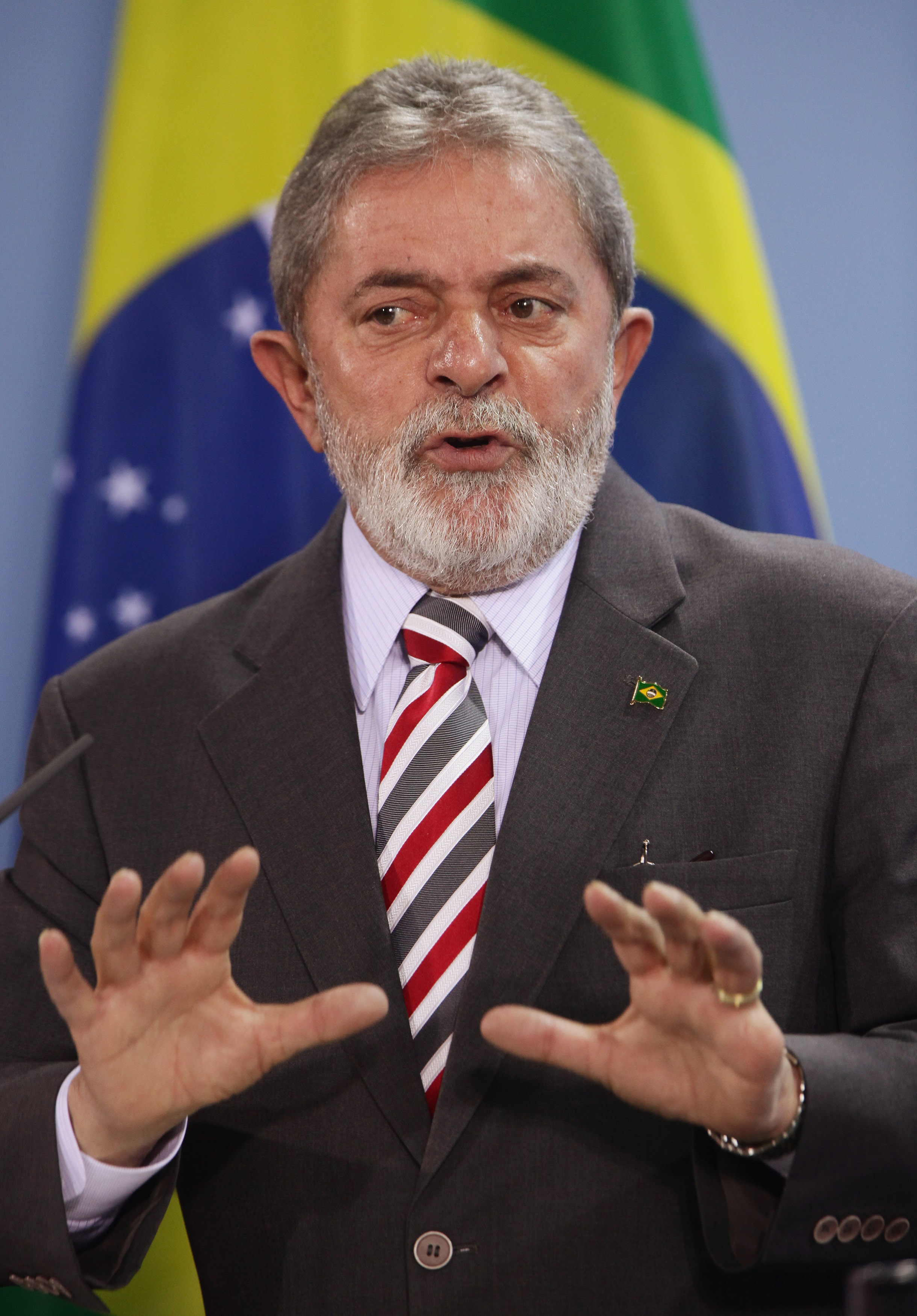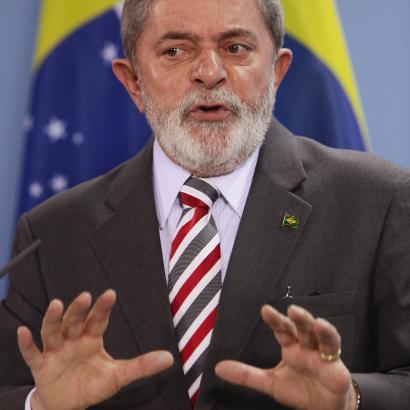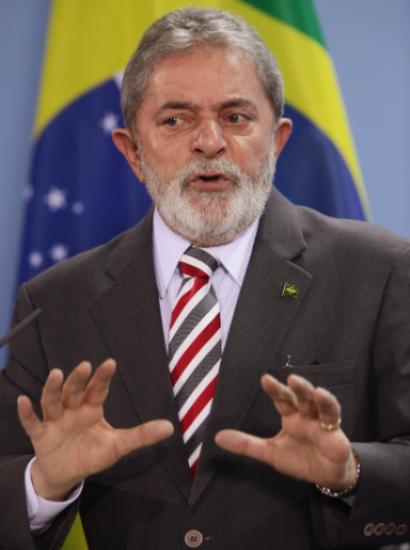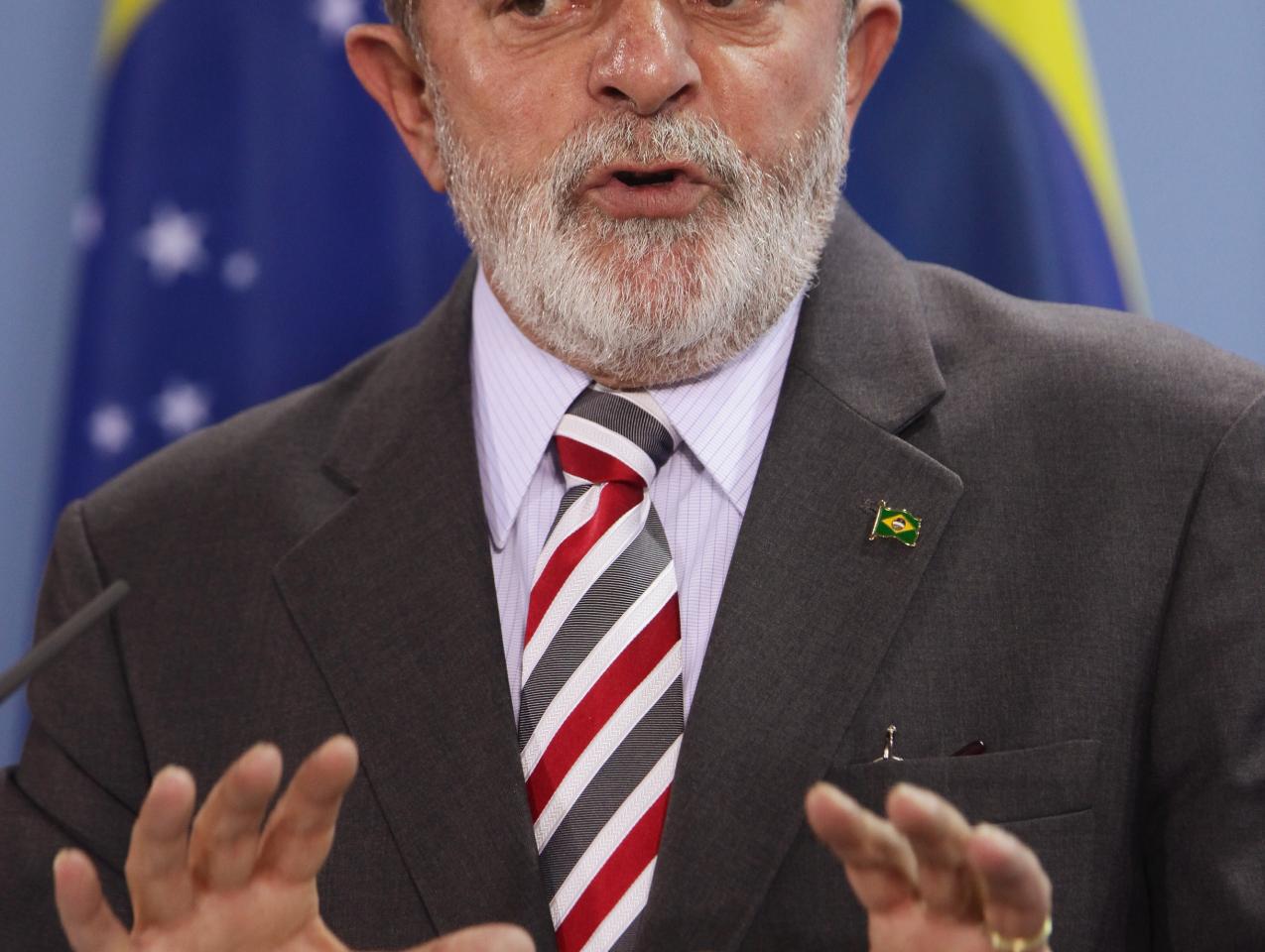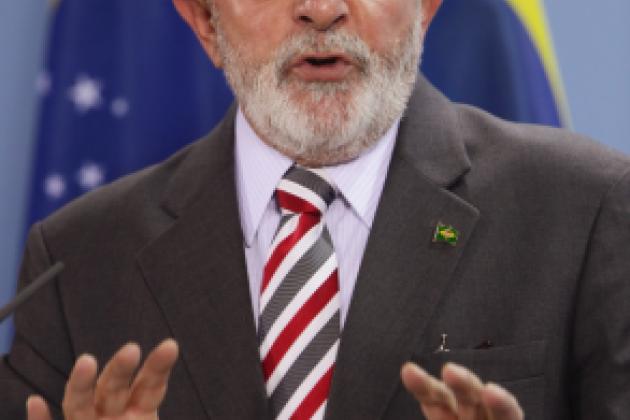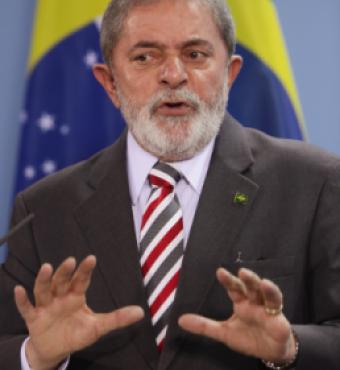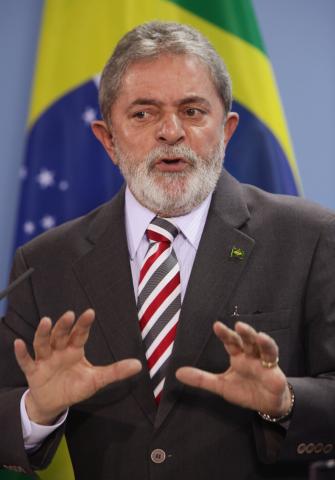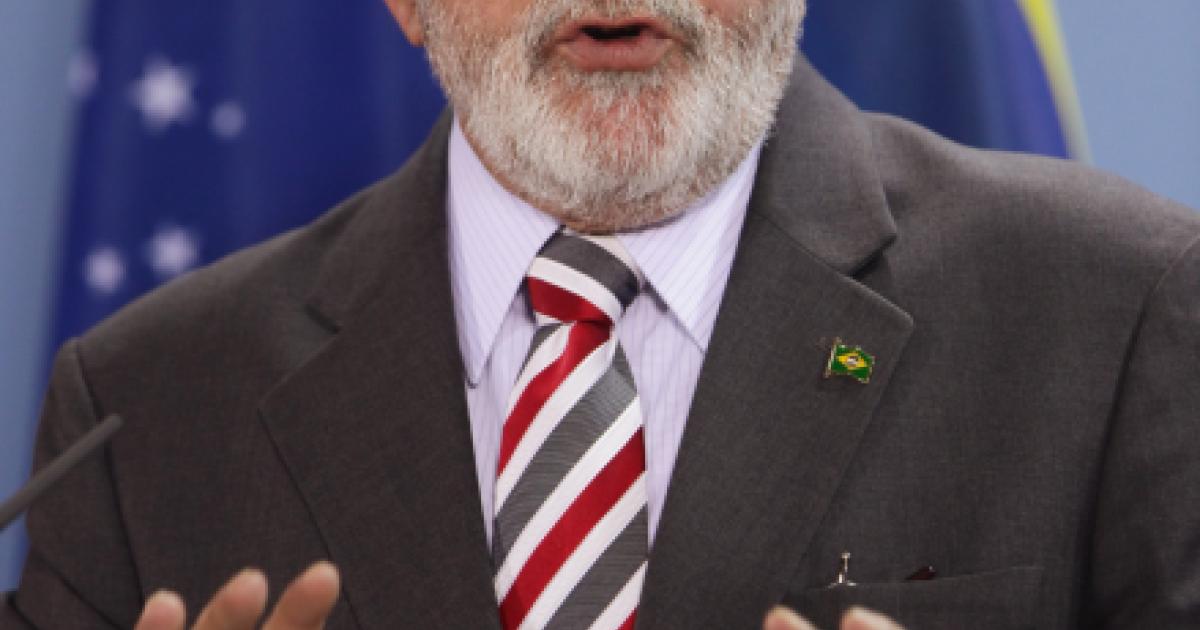- International Affairs
When Brazilian voters went to the polls in October, they did something that no Latin American electorate has done in three decades: they voted in a socialist president, Luis Inácio Lula da Silva. Lula has been a major political figure of the left since the 1970s, when he led a series of strikes that helped undermine the military government. Three times he ran unsuccessfully for president as the Workers Party (Partido Trabalhisata—PT) candidate before this year's landslide victory, in which he carried all but one of Brazil's twenty-seven states, over centrist Jose Serra.
The overwhelming success of Lula and the Workers Party is a consequence of decades of stalled growth and failed promises. During the past eight years, the government of Fernando Henrique Cardoso has pushed forward the privatization of government-owned firms, the relaxation of restrictions on trade, and the encouragement of foreign direct investment. Indeed, real GDP per capita in Brazil is, at present, only slightly above its 1982 level. Brazil is also among the most rigidly stratified societies on the planet. For an entire generation, Brazilians have not seen an improvement in either their absolute or their relative standards of living.
Lula's electoral success therefore needs to be understood as a backlash against the inability of the "Washington Consensus" to ignite sustained economic growth and restore the degree of social mobility that existed in Brazil during the boom period of the 1960s and 1970s.
Lula's victory, however, should not be interpreted as a dramatic movement to the left by Brazilian voters. The PT managed to win only three governorships and controls neither house of congress, which means that the PT must look for coalition partners in order to govern. As it does, Lula's legislative agenda will inevitably be watered down.
The PT has accepted the stability plans of the Cardoso government and most aspects of the country's open economy model. Although suggesting some tighter regulations on market activities, the PT agreed to accept all international agreements and honor all foreign and domestic loans. It also promised to maintain an open market and not deprivatize companies that had been sold to the public.
Although constrained in what he can accomplish, Lula will push for an aggressive tax reform in an attempt to capture a larger share of the upper class's income. He will also seek to redistribute income by increasing the minimum wage and (perhaps) by lowering the tax rates of low-salary workers. He will also push to increase expenditures for welfare and education. Whether he can obtain those goals, however, is far from certain.
Consensus will appear in foreign policy. Brazil's reluctance to support U.S. foreign policies, particularly those that call for the use of military force, has long and deep roots that go back to the U.S. government's support for Brazil's military dictatorships of the 1960s and 1970s. No matter who had won this year's presidential election, Brazil would chart a course independent of U.S. foreign policies.







